The Most Reliable Car Brands in 2025


Subaru has claimed the top spot in Consumer Reports’ brand reliability rankings for 2025, ending the long run of Lexus and Toyota at the top. The rankings draw from survey data covering more than 300,000 vehicles spanning model years 2000 to 2025, revealing big differences across the automotive industry. New-car prices now average more than $48,000, while tariffs and inflation make costs even less predictable, according to Jon Linkov, Consumer Reports Autos Editor. Choosing a dependable brand has become critical for avoiding repair shop expenses. GMC, Cadillac, and Rivian rank last.
Brand Rankings Guide You, But Models Matter More

Jake Fisher, senior director of auto testing at Consumer Reports, stresses that while brand rankings can point you toward the right dealership, checking reliability for specific models before buying remains essential. Even within top-ranked companies, reliability can vary widely between different models. Consumer Reports calculates predicted reliability ratings for almost every new car, truck, and SUV on the market using data from the organization’s annual reliability surveys, which ask members about problems they’ve experienced with their vehicles over the previous 12 months.
Subaru’s Seven Models Drive It to First Place
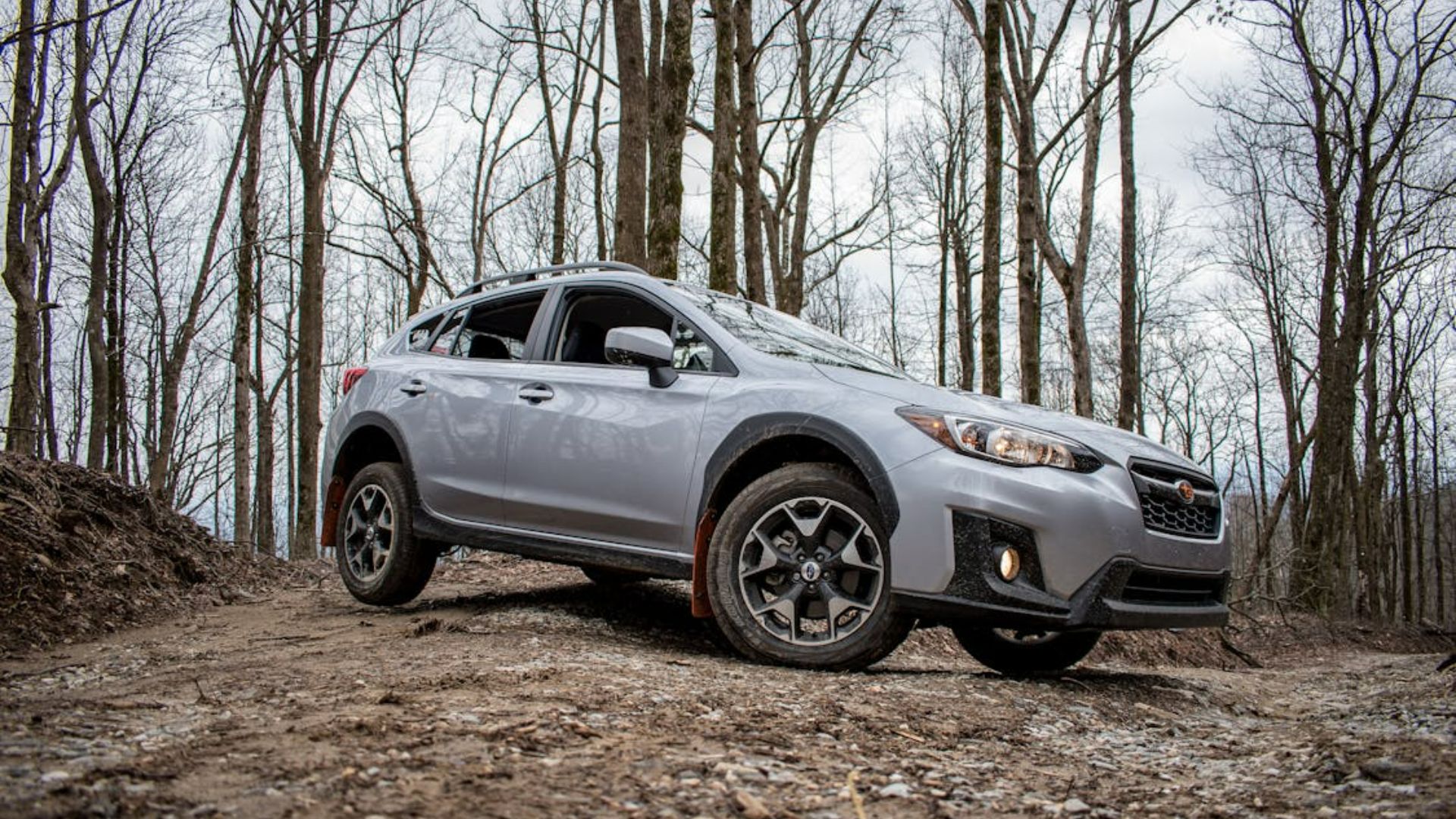
Of Subaru’s seven models included in the survey, the Forester and Impreza earned well-above-average reliability scores, while the Crosstrek, Legacy, Outback, and Ascent received above-average and average ratings. Steven Elek, who oversees auto data analytics at Consumer Reports, says Subaru’s vehicles use common, dependable parts across the lineup. This approach means fewer components need updating during redesigns, allowing the company to retain proven systems and minimize the introduction of new problems.
One Subaru Model Shares Toyota’s EV Struggles
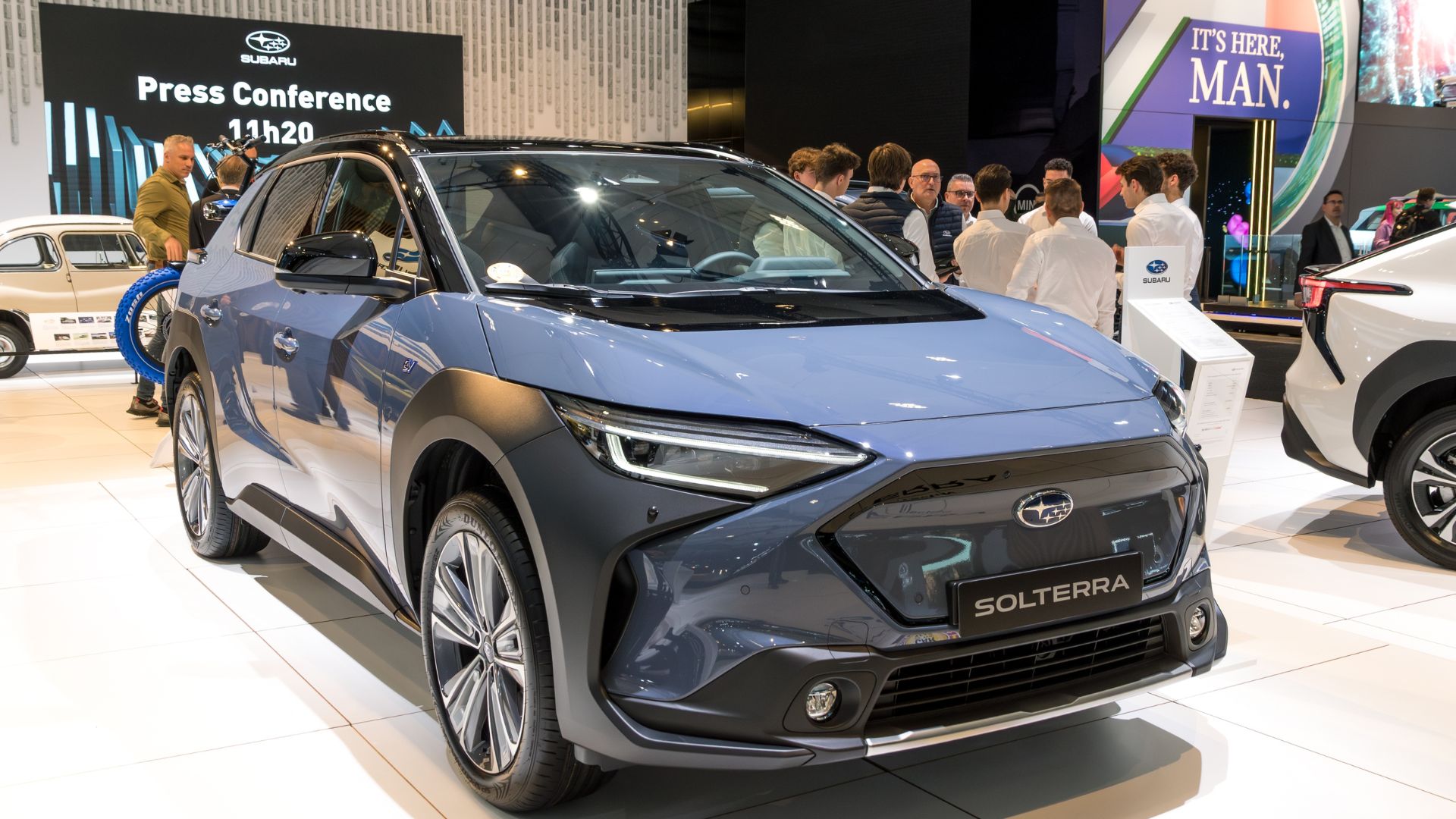
Subaru’s only model with below-average reliability is the Solterra EV, which is a version of the Toyota bZ4X with Subaru badging. Toyota’s ranking took a hit from the redesigned Tacoma pickup, the full-sized Tundra pickup, and the bZ4X electric vehicle, all earning below-average ratings. Despite these setbacks, Lexus and Toyota hold the second and third positions in brand reliability scores, with multiple models performing well.
Toyota and Lexus Still Dominate With Multiple Top Performers

Toyota maintains four models with well-above-average scores, seven with above-average ratings, and five with average reliability. Lexus features four above-average models and three average performers. Honda comes in fourth place with three models scoring above average and seven scoring average. Acura, Honda’s luxury sub-brand, lands in fifth place with one above-average model and one average model. Mazda ties with Acura at fifth place with a score of 55.
Consumer Reports Tracks 20 Trouble Areas

Consumer Reports asks members about problems in 20 trouble areas. These range from minor annoyances like squeaky brakes and broken interior trim to serious concerns involving out-of-warranty engines, transmissions, EV batteries, and EV charging systems. The organization weighs how bad each type of problem is to create a predicted reliability score for each vehicle from 1 to 100. Those scores shape the final reliability ratings assigned to every mainstream vehicle. This year’s survey gathered data on more than 300,000 vehicles.
Asian Brands Claim Eight of the Top Ten Spots
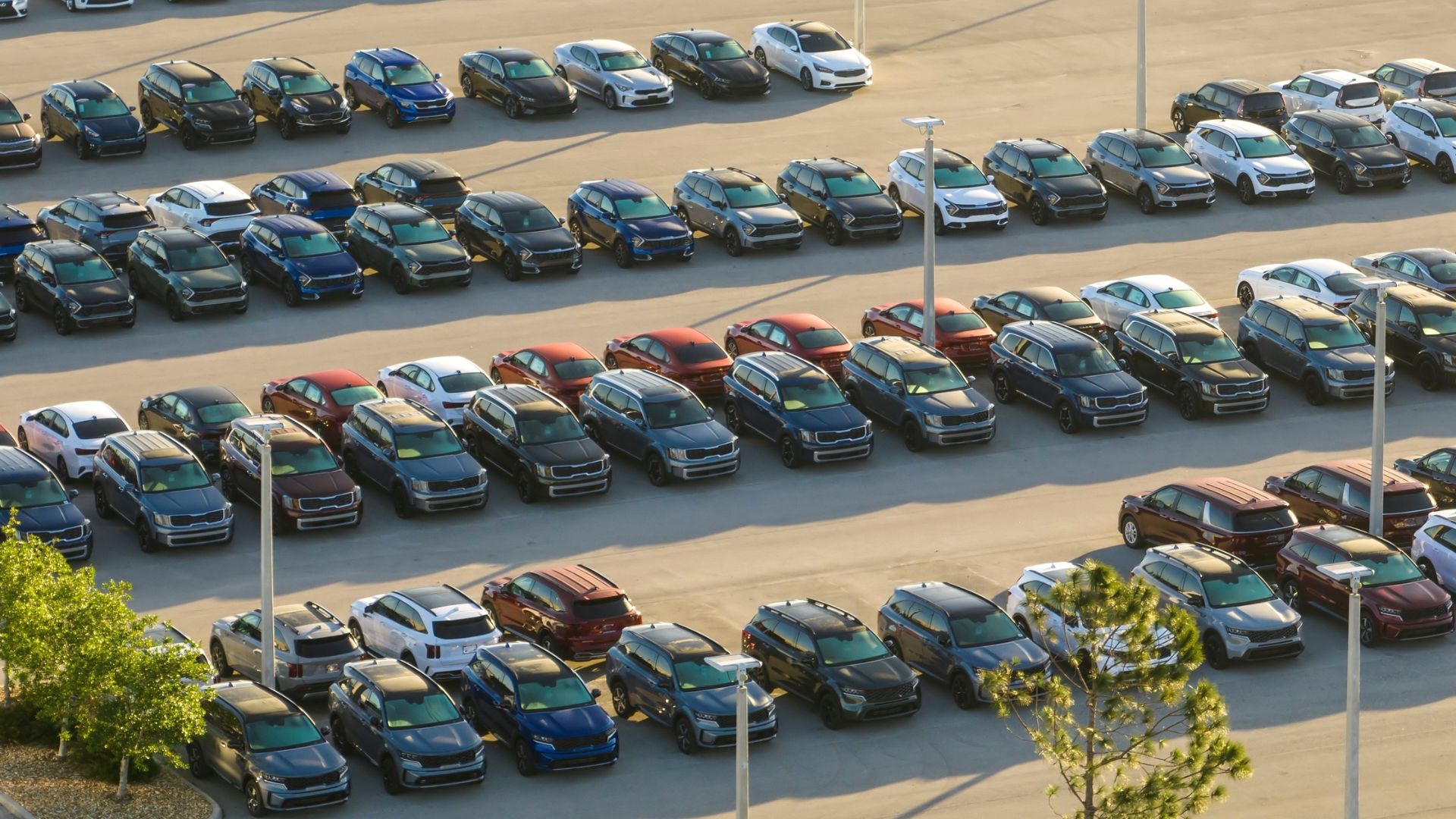
Asia-based automakers continue to lead the industry in reliability, with an overall average score of 57 on a scale of 1 to 100. Eight of the 10 most reliable brands are Asian manufacturers: Subaru, Lexus, Toyota, Honda, Acura, Mazda, Kia, and Hyundai. Only Audi and BMW, both European brands, break into the top 10, giving Europe an average score of 48. Domestic U.S. brands trail both regions with an average score of just 38, with Buick leading American manufacturers in 11th place.
Ford F-150 Hybrid Ranks as Least Reliable Model
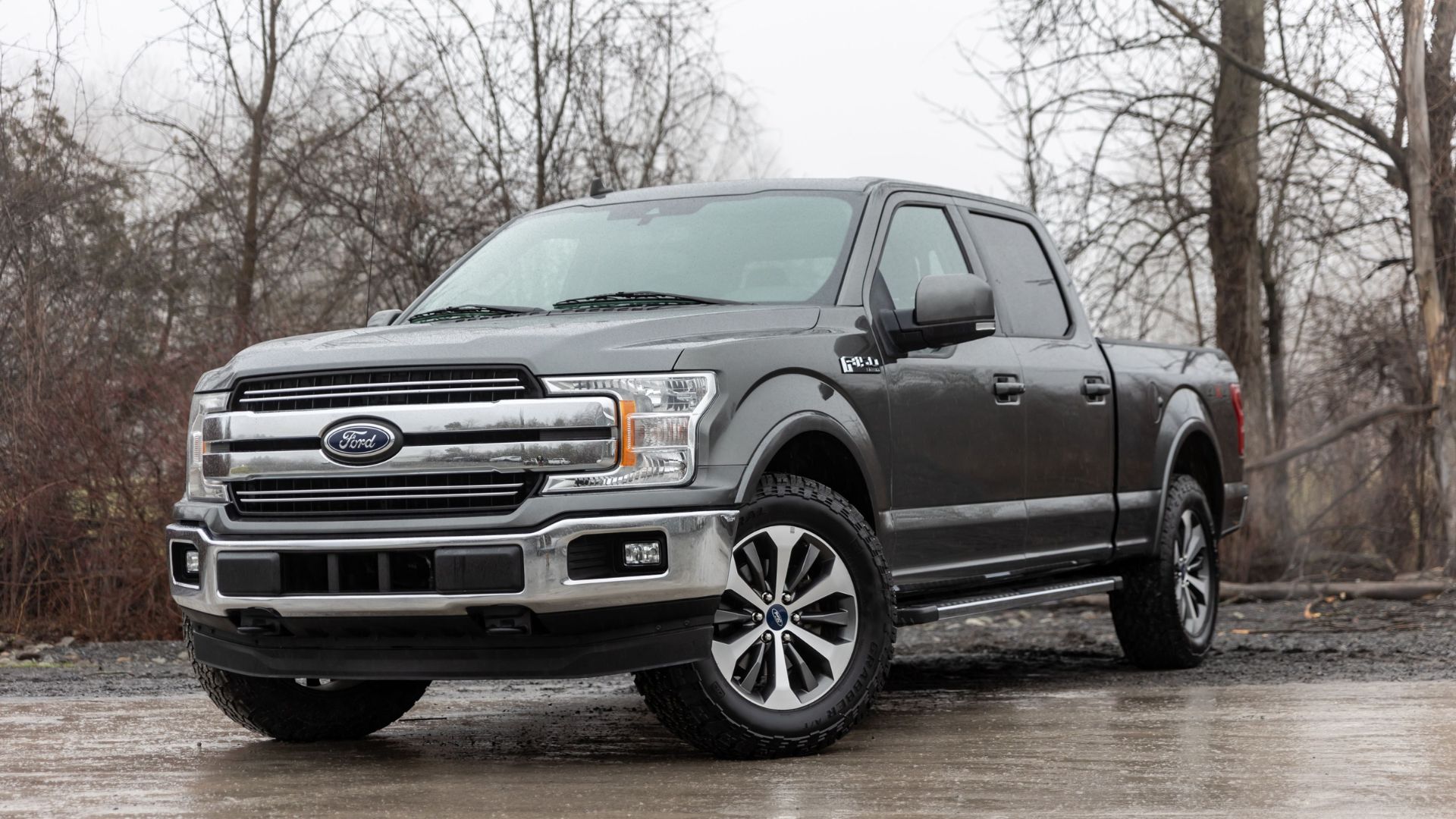
Ford’s problematic F-150 Hybrid is the least reliable model in the entire survey. Like last year, it scores worse than the also unreliable conventional F-150, with ongoing transmission and hybrid battery issues. The Ford Escape Hybrid also ranks among the least-reliable models, scoring well below the conventional Escape, which has above-average predicted reliability this year and is recommended. Buick leads domestic brands in 11th place, with all models receiving average reliability ratings.
Plug-In Hybrids Have 70% More Problems

Plug-in hybrid electric vehicles have 70 percent more problems than gas-powered cars. Having two separate powertrains, electric and combustion, increases the chances of issues. Several PHEVs underperform their conventional counterparts. The BMW X5 PHEV, Lexus NX PHEV, and Toyota Prius PHEV each score just average, while the regular X5, NX, NX hybrid, and Prius all score above average. The Mazda CX-90 PHEV scored well below average, while the regular CX-90 is below average.
Hybrids Match Gas Cars in Reliability
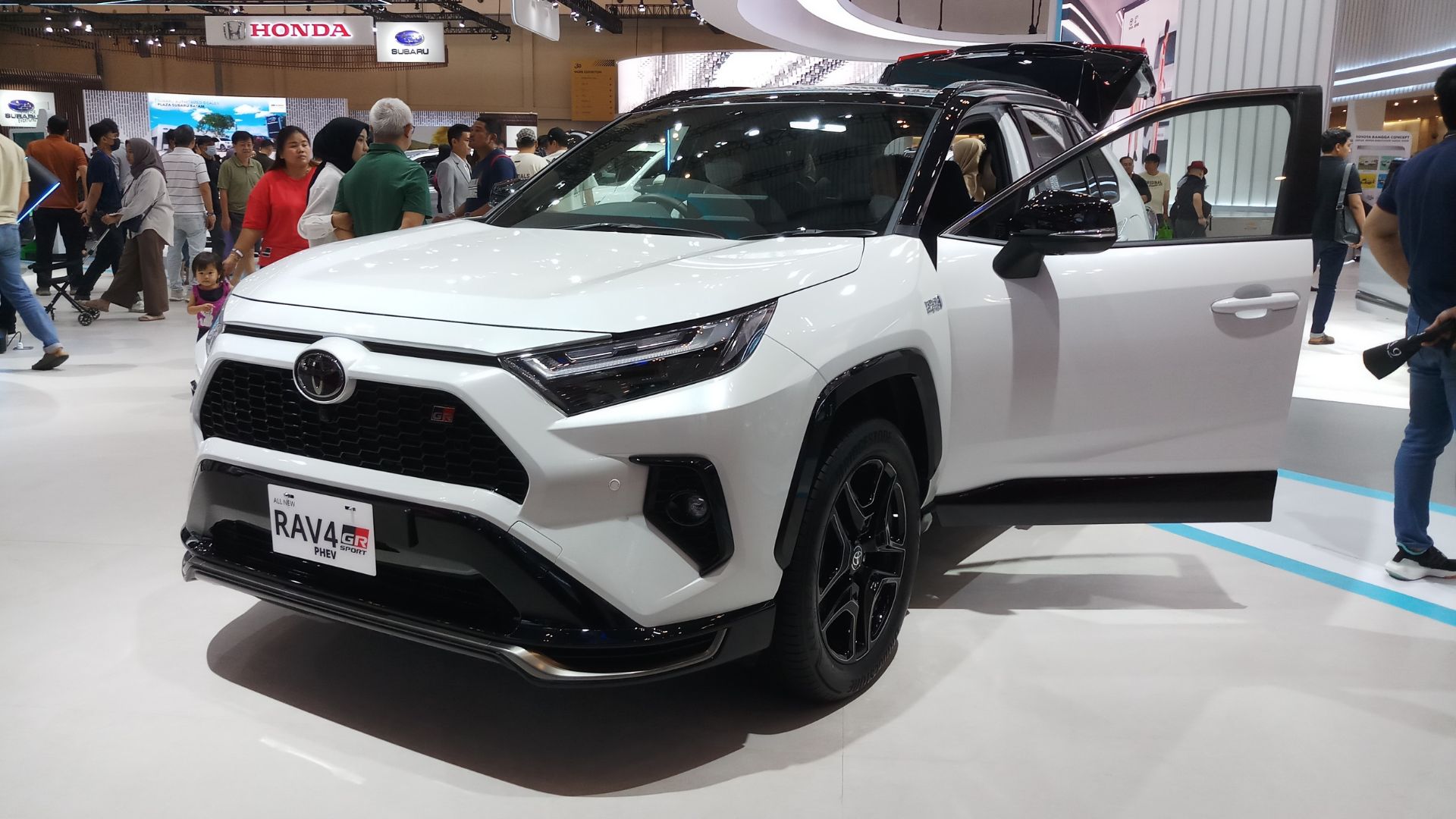
Hybrid powertrains deliver reliability similar to conventional gas cars, with an average number of problems matching internal combustion engine vehicles. Fisher notes that while hybrids remain extremely fuel-efficient, today’s technology has evolved to provide dependable performance despite added complexity. The Toyota Corolla Hybrid, Toyota RAV4 Hybrid, Hyundai Elantra Hybrid, and Lexus NX Hybrid rank among the survey’s most reliable models. Kia’s Sorento Hybrid is the most reliable three-row SUV, with the Toyota Highlander Hybrid close behind.
Electric Vehicles Improve But Still Trail Gas Cars
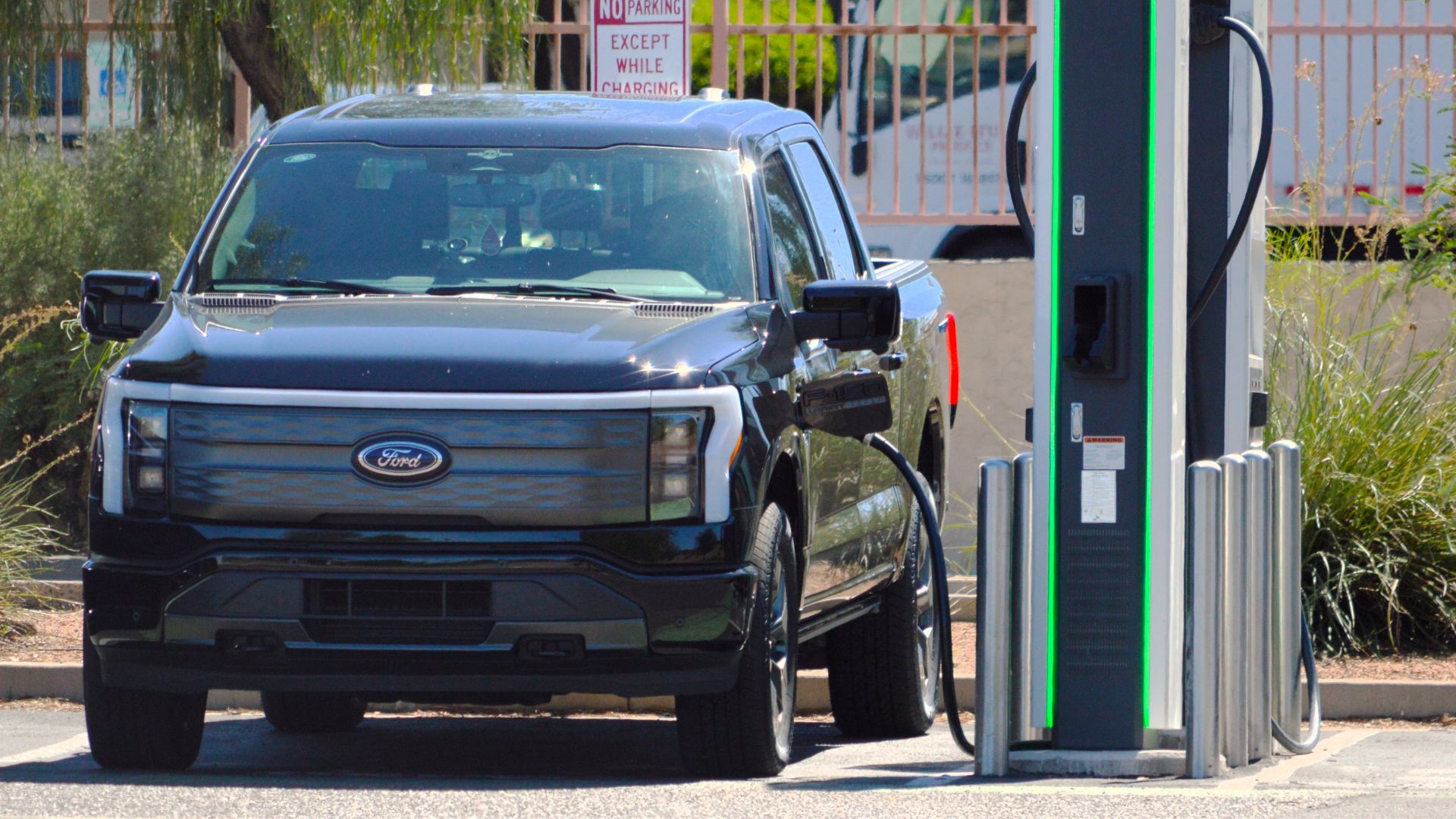
Electric vehicles, on average, have 42 percent more problems than gas-powered cars. Elek notes that since EV technology is still fairly new, automakers are still working out bugs in their powertrains and platforms, but issues also crop up with non-EV components like infotainment and electronic features. The Rivian R1S and R1T, along with the Ford F-150 Lightning, show below- or well-below-average reliability. Both the R1T and Lightning are entering their fourth year, yet have maintained poor reliability since launch.
Waiting Pays Off as Models Improve Over Time

Buyers should avoid being first to purchase all-new models, as first-year production consistently shows higher problem rates. GM’s Cadillac Lyriq and Chevrolet Blazer EV rank among the lowest-scoring models, while the Chevrolet Colorado and GMC Canyon pickup trucks are well-below average with engine, transmission, and electronics problems. However, patience pays off. The Ford Bronco Sport and Genesis GV80, both introduced for the 2021 model year, now have average reliability and earn recommendations. The much-maligned Ford Explorer is recommended for the first time since its 2020 debut.